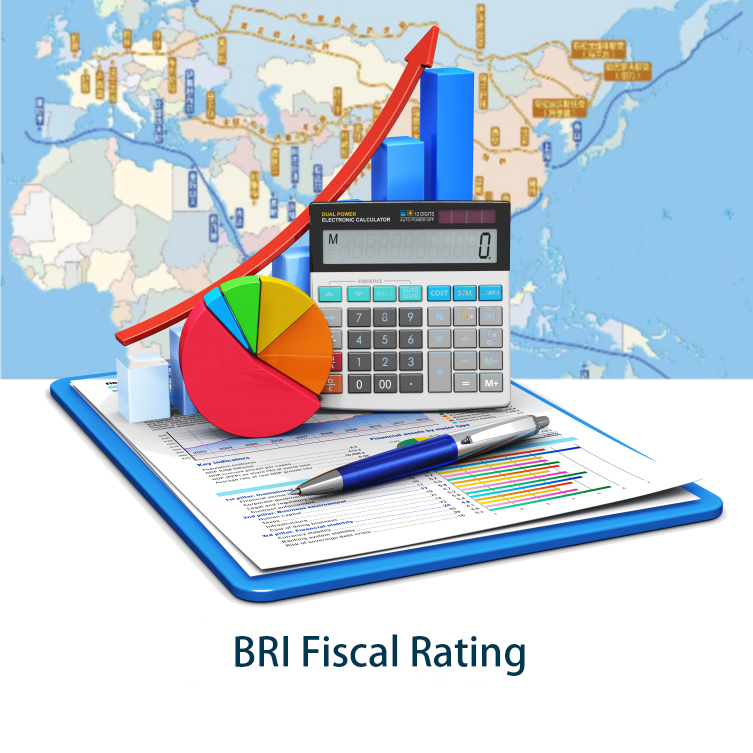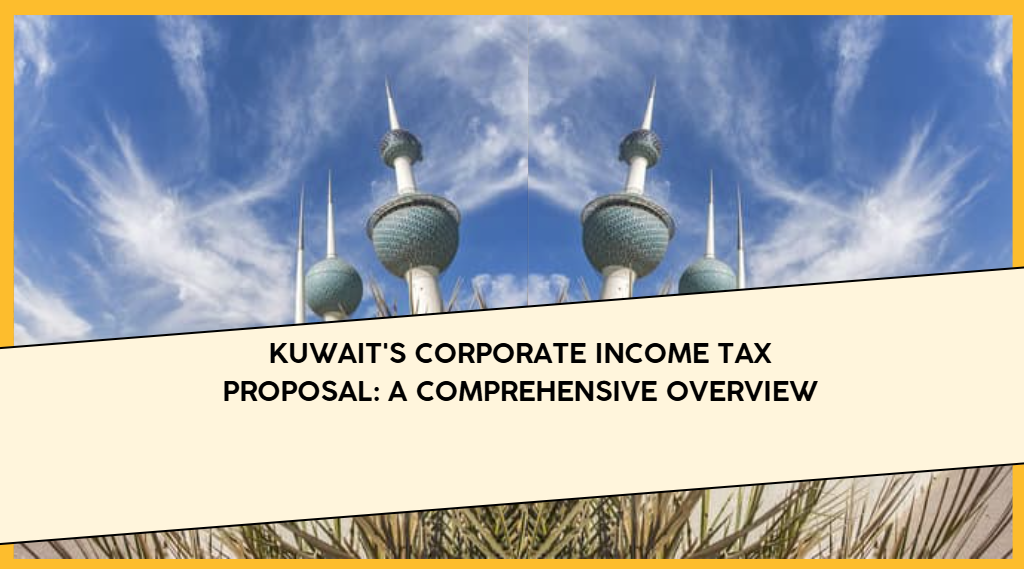Taxation in Gabon: A Guide for Businesses
1. Tax system structure
Gabon implements a tax system mainly based on local taxes and has established a tax system with income tax and value-added tax as the core.
The main tax categories include corporate income tax, personal income tax, value-added tax, etc., and domestic and foreign natural persons and legal persons are taxed equally
2. Main tax types and tax rates
Corporate income tax: The general tax rate is 30% of corporate profits, 35% for mining enterprises (the government bears the corporate tax for oil companies), and 25% for tourism and real estate industry enterprises
Personal income tax: levied based on the actual net income obtained by natural persons, with a tax rate of 0-35%
Value added tax (VAT): The tax rates are divided into four levels, namely 18%, 10%, 5%, and zero tax rate
Consumption tax: mainly levied on tobacco, alcohol, and luxury goods, with a tax rate of 20-32%
Other taxes and fees: including registration tax, license tax, stamp duty, etc. These taxes and fees are levied on different industries and taxpayers with different tax rates
3. Regulations on Special Economic Zones
The Gabonese government has established multiple economic zones and issued a series of relevant regulations, implementing preferential policies to encourage investment and development within the zones. For example, the Encock Special Economic Zone provides preferential policies such as exemption from taxation on profits or income for 10 years, followed by a 10% tax rate for the next 5 years
4. Tax authorities
The tax authority responsible for managing and enforcing tax laws is Direction G é n é rale des Imp ô ts (DGI)
5. International tax considerations and treaties
Gabon has established double taxation treaty (DTT) frameworks with multiple countries to reduce the risk of businesses taxing the same income in multiple jurisdictions
6. Local and foreign corporate taxes
The tax situation in Gabon indicates significant differences between local and foreign enterprises operating within its borders. Local enterprises benefit from specific tax incentives, which do not always extend to foreign enterprises
7. Tax Audit and Disputes
Tax auditing is a common practice in Gabon aimed at ensuring compliance with the country's tax regulations. When taxpayers have objections to tax decisions, they can resolve them through administrative reconsideration or judicial channels
8. Future Trends in Tax Policies
Gabon is preparing for a major reform of its tax policy to improve the overall business environment. One of the main goals of the reform is to improve the tax compliance of local and multinational companies operating within Gabon and implement more transparent tax policies
.





















































First, please LoginComment After ~